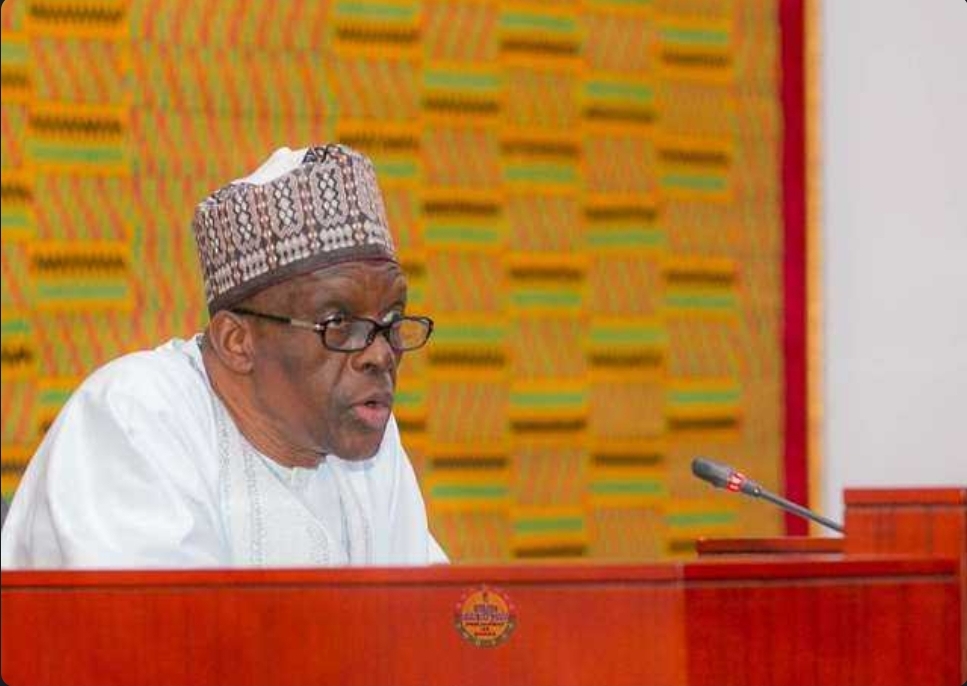Speaker calls for equal swiftness on Anti-LGBTQI Bill in Supreme Court

The Speaker of Ghana’s Parliament, Alban Bagbin, has urged the Supreme Court to apply the same promptness it used in deciding the case on four parliamentary seats declared vacant to the pending case on the anti-LGBTQI bill. Speaking at a press conference in Accra on Wednesday, November 6, Bagbin expressed surprise at the court’s speed in certain cases but questioned why the anti-LGBTQI bill has seen delays, having been pending for over a year.
Bagbin also voiced concerns over what he sees as an effort by the executive and judicial branches to weaken parliamentary authority. “The executive and the judiciary are seemingly colluding to weaken Parliament,” he stated, adding that there is currently no constitutional crisis in Ghana. “The Parliament of Ghana is alive and working. Let nobody mislead, misinform, or disinform you and the country,” he affirmed, emphasizing that “democracy is about the rule of law; let the law work.”
These remarks come after the Supreme Court recently dismissed Bagbin’s application to overturn its ruling that stayed his declaration of four seats as vacant. On October 30, the court ruled that the Speaker’s application lacked merit. Chief Justice explained, “We have considered the application, and we have come to the conclusion that the grounds supporting the application have no merit.”
Previously, the Supreme Court had issued a stay on Bagbin’s declaration of the four seats, following a request from Alexander Afenyo-Markin, a member of the New Patriotic Party (NPP). Bagbin subsequently filed an application challenging the court’s authority to stay his ruling, arguing that parliamentary decisions are outside the judicial hierarchy and thus should not be subject to a stay of execution. He is also seeking to have Afenyo-Markin’s writ, which aimed to block his declaration, set aside.
In his motion, Bagbin emphasized that under Ghana’s Constitution, the Supreme Court’s authority to stay execution is limited to court rulings within the judicial system and does not extend to parliamentary decisions, a separate branch of government.




